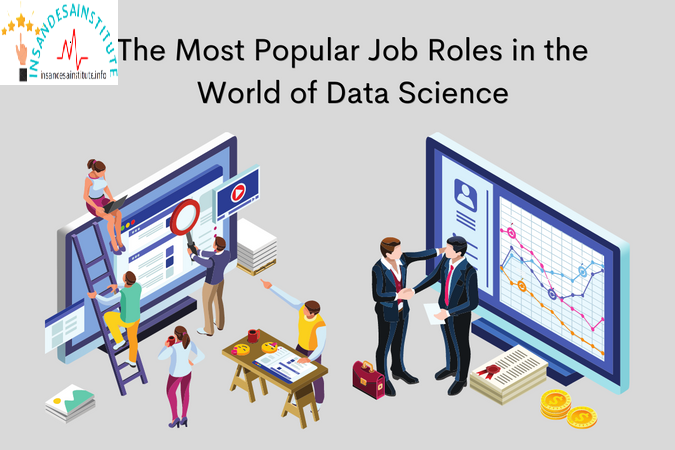Information scientists use technology to amass understandings from large amounts of information they collect. It’s an area that calls for data, quantitative thinking and computer system programs abilities. In addition to all that, you need to be a great communicator so you can report your research findings and clarify exactly how they attend to a bigger concern you’re attempting to respond to.
” A data researcher truly is a scientist in mind,” states Scott Beliveau, principal of the enterprise progressed analytics branch within the U.S. License and Trademark Workplace’s Workplace of the Chief Innovation Police Officer. “Yet rather than using chemicals or other things, a data researcher uses information– numbers, absolutely nos, in some cases it’s textual information– to attempt and address and also address troubles.”
While information scientific research is still a brand-new job field, employers are significantly acknowledging the worth of professionals with this expertise. Today, you’ll locate information researchers operating at a variety of companies, consisting of tech start-ups, government agencies, huge business and also study establishments.
Chris Holdgraf, supervisor of the not-for-profit International Interactive Computer Collaboration, which helps scientists as well as educators run data science facilities in the cloud, started learning more about data science as a graduate student at University of The Golden State, Berkeley. With the help of information whizzes at the college, he taught himself coding, analytics as well as various other skills that he thought would aid him conduct neuroscience research study.
“By the end of my Ph.D., I had actually unintentionally developed a quite good set of (information scientific research) skills,” he states.
While serving as a fellow at the college’s Berkeley Institute for Data Science, Holdgraf gathered data from electrodes put straight onto the surface area of individuals’ minds for more information concerning just how they listen to. Feeding the data into computer programs he developed, Holdgraf ran experiments, made monitorings and drew conclusions concerning the brain’s response to different sorts of noises. Then, he created documents about the results.
“Being an information scientist gives me the adaptability to collaborate with people with various type of histories as well as to work on troubles that are significant to lots of various communities, which I actually appreciate,” he states. The Bureau of Labor Statistics projects 31.4 percent employment growth for information scientists in between 2020 and also 2030. Because period, an approximated 19,800 jobs should open.



